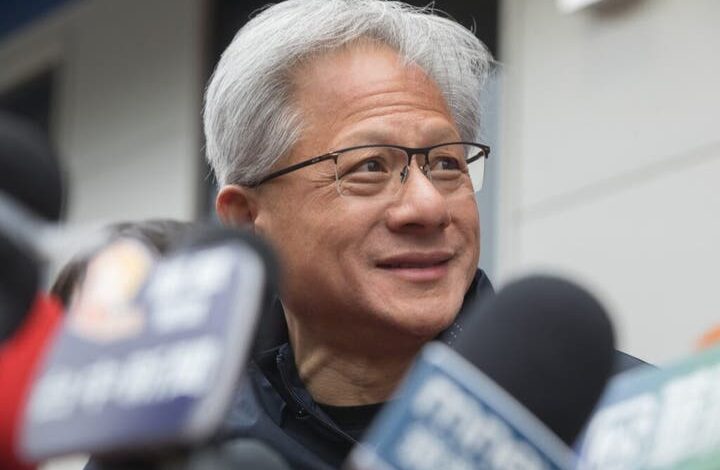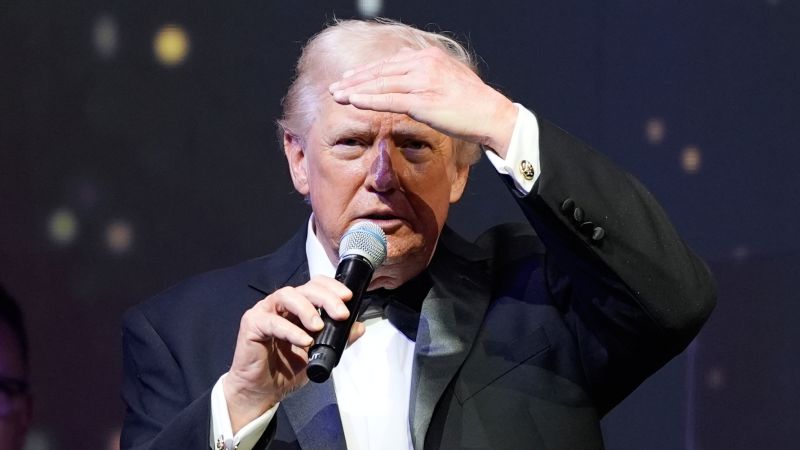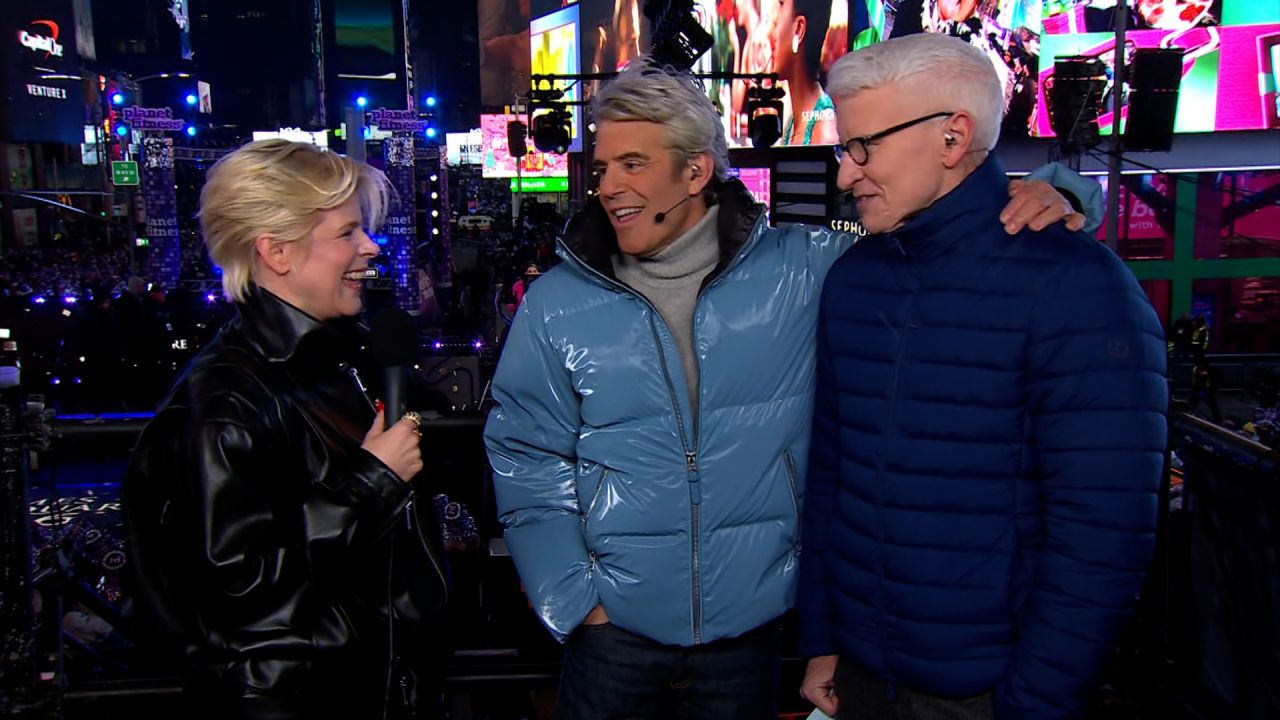Nvidia’s Jensen Huang Defends AI Investments Amid Bubble Concerns

Concerns about a potential AI bubble were met with a robust defense from Nvidia Corp’s CEO, Jensen Huang, during the U.S.-Saudi Investment Forum held in Washington D.C. on March 5, 2025. Huang argued that the significant investments in artificial intelligence are justified by a fundamental shift in computing paradigms, rather than an unsustainable hype.
Huang addressed the pressing question of whether the industry is in an AI bubble, emphasizing the need to understand the underlying principles of computer science. He pointed out that Moore’s Law, which historically predicted the doubling of CPU performance, has reached its limits. As demand for computing power surges, traditional CPUs are unable to keep pace. This shift has led to a growing reliance on accelerated computing through graphics processing units (GPUs), a transition that Nvidia has spearheaded for over two decades.
The impact of this transformation is stark. Just six years ago, CPUs powered 90% of the world’s top 500 supercomputers. Today, that figure has plummeted to less than 15%, with GPUs now dominating the landscape. Huang noted that the largest computing workloads have moved to GPUs, driven not just by generative AI models like ChatGPT but by extensive data processing demands across various sectors.
Banks, e-commerce platforms, and advertising companies collectively invest hundreds of billions of dollars annually in data processing alone. Huang articulated that managing vast amounts of data—such as names, addresses, and transactions—is crucial for economic stability. Furthermore, he highlighted that recommender systems, which shape online experiences from social media feeds to shopping suggestions, increasingly rely on GPU-driven algorithms.
Huang posited that the rise of agentic AI is a subsequent phenomenon, following the foundational shift toward GPUs. He pointed out that the resources required to support this new wave of AI are not as excessive as some might believe, suggesting that current investments are well-founded.
The discussion comes in the wake of notable market movements, including the recent exit of billionaire Peter Thiel from Nvidia, a company that has been instrumental in the generative AI sector. Thiel’s divestment, along with reduced stakes in other tech giants like Tesla Inc., has raised eyebrows and contributed to investor anxiety regarding the pace of AI development. Notably, acclaimed investor Michael Burry, known for predicting the 2008 financial crisis, has voiced concerns that the current capital expenditures on AI mirror the extremes seen during the Dot-Com and housing market bubbles.
As AI spending accelerates, forecasts indicate that U.S. technology companies are set to invest nearly $400 billion in capital expenditures this year alone. According to McKinsey & Company, total global AI investment could reach $5.2 trillion by 2030, underscoring the scale of financial commitment within the sector.
In terms of performance, Nvidia ranks in the 98th percentile for growth and the 92nd percentile for quality in Benzinga’s Edge Stock Rankings, a testament to its strong standing compared to industry competitors.
The dialogue around AI investments continues, with industry leaders advocating for a deeper understanding of the technological shifts at play, rather than succumbing to fears of an impending bubble.






